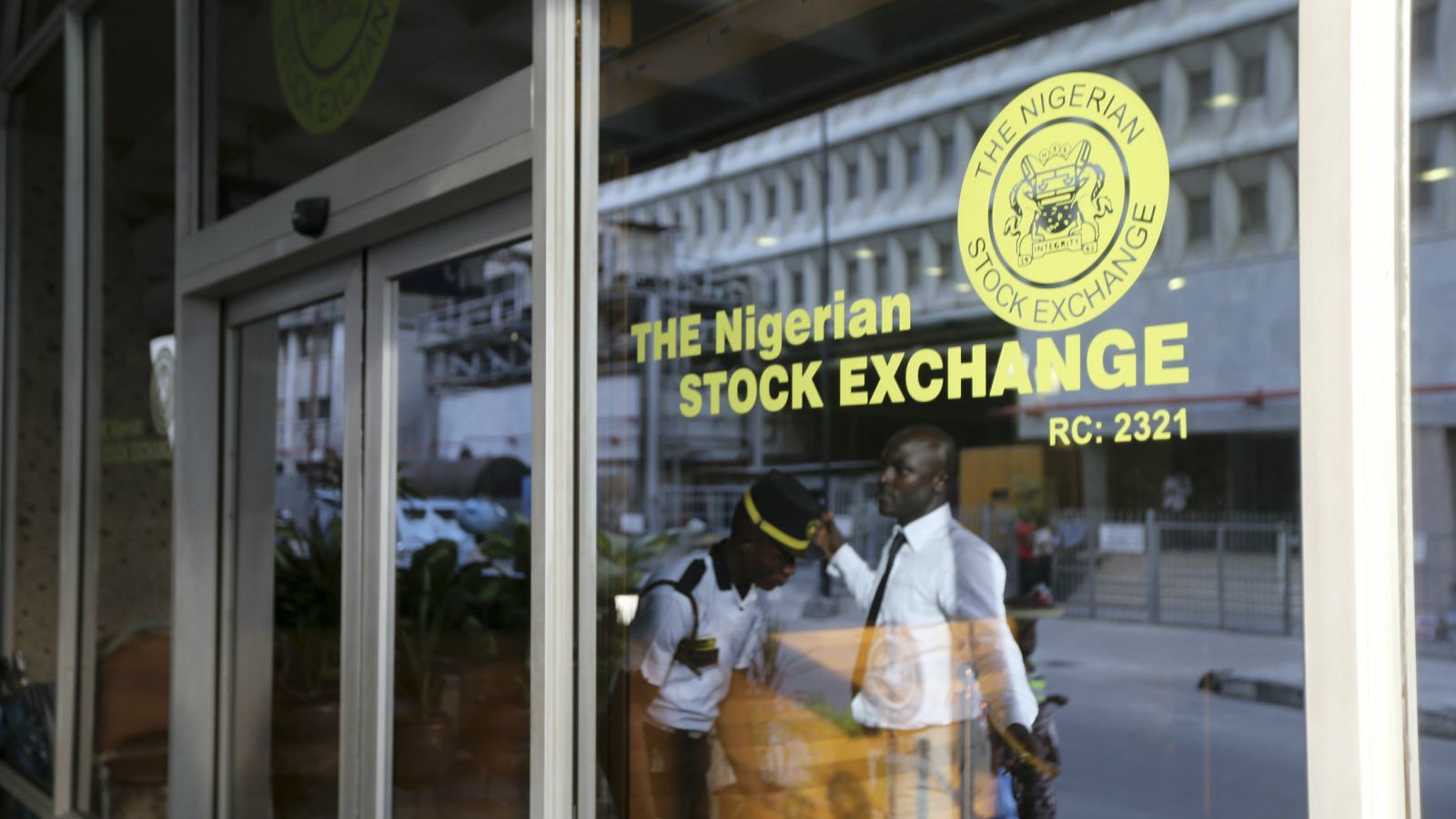- Tier-1 Banks Grow Market Dominance
The gap between the tier 1 and the tier 2 banks in terms of market share has continued to widen, according to findings by Afrinvest West Africa Limited.
This formed part of the findings in the Afrinvest 2017 Banking Report to be unveiled in London this week.
The tier 1 banks are Zenith Bank Plc, Guaranty Trust Bank Plc, Access Bank Plc, United Bank for Africa Plc and FirstBank Nigeria Limited.
The Chief Executive Officer of Afrinvest West Africa, Mr. Ike Chioke, while briefing the journalists in Lagos at the weekend, pointed out that previously, tier 1 banks accounted for between 60-65 per cent of market share in the banking sector. But he stated that the 14 banks covered in the report showed that the gap has risen above 70 per cent.
“What is happening is that tier 1 banks are growing faster. So, the tier 1 banks continued to grow, often at the expense of the tier 2 banks.
“You have also noted from some of the reports that came out from the Monetary Policy Committee (MPC), where some observers said a few of the tier 2 banks might be challenged.
“While one would say that the system is sound, if you have more tier 2 banks that are challenged going down the same time, it might the impact of a Systemically Important Bank,” Chioke explained.
He, however, noted that there would be specialisation in the industry, saying the tier 2 banks must develop their area(s) of competence to remain relevant in the industry.
“What would happen in the industry is that there would be areas of specialisation. Even in Afrinvest, there are certain transactions we would rather want a tier-2 bank to execute, because we know they are small and specialised in that area, and you can get decision faster.
“But there are other transactions which may have wider implication for the country, or global linkages that works better for a tier 1 bank. So, you find space for each of the bank in their area of specialisation.
“But, a bank fundamentally needs to manage its balance sheet and if a bank is careless in terms of risk assets creation, this would have serious consequences,” Chioke said.
But he noted that the forex illiquidity which commenced in 2015 and worsened in 2016, constrained growth across all industries, particularly manufacturing, had a spill over effect on the banking industry.
Chioke acknowledged that some of the bottlenecks in the economy have been resolved, just as he stated that the positive profit momentum which most of the banks have registered was expected to give them some buffer to overcome some of the challenges they faced.
“But they are not totally out of the woods yet. We just feel that with diligent management and the fact that the Central Bank of Nigeria (CBN) has also been supportive, we could also see ourselves trading out of the situation.
“But the key thing is how do we bring back growth? Paradoxically, while last year we had an illiquidity in the forex market, this year we are having an illiquidity position in the naira market whereby there are now dollars in the market, the exchange rate has stabilised, but people are looking for naira with which to purchase dollars.
Some of the CBN measures like making sure you put your cash down before you can buy the dollars, were designed to prevent speculators from coming into the forex market to drive the exchange rate high. It also frustrates normal businesses where for instance, if this building were a hotel and you feel like expanding to the next compound. Traditionally you will take a bank loan to finance the imported equipment to build that extension. But now, the banks would not give you the loan until you bring your naira cash. So, it frustrates your capacity to grow and that is what we are seeing across many parts of the economy.


 Naira4 weeks ago
Naira4 weeks ago


 Naira4 weeks ago
Naira4 weeks ago


 Naira3 weeks ago
Naira3 weeks ago


 News4 weeks ago
News4 weeks ago
 Travel4 weeks ago
Travel4 weeks ago




 Naira4 weeks ago
Naira4 weeks ago


 Jobs3 weeks ago
Jobs3 weeks ago
 Naira3 weeks ago
Naira3 weeks ago





















